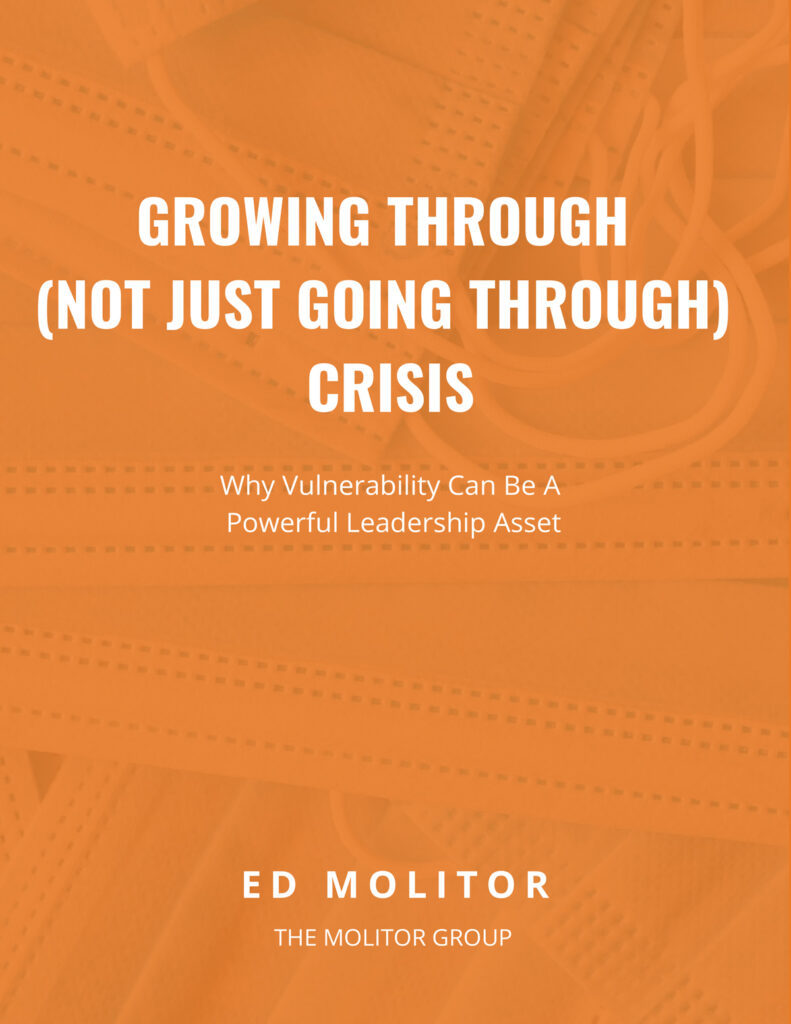
Dave Sharkey has been a full-time real estate developer for the past 20 plus years and owns and manages a portfolio of 285 apartments in Seattle, WA. Dave has an intimate knowledge of the construction trades having acted as the general contractor for the first 16 years of his career. The focus of his projects has been the value-add rehabilitation of existing apartment buildings. The renovations are all extensive and they typically equal the cost of purchasing the building and always include new bathrooms, kitchens, plumbing, and all systems. Dave has added units to existing buildings 10+ times and has installed 20 new foundations under existing buildings. As the scope of the projects has grown, Dave has shifted his focus to development analysis, constructability review, and construction management. Dave visits the construction sites on a regular basis throughout the project to ensure that schedules are met and that construction is carried out as planned. Dave has raised capital for the last two micro-projects as well as for Anew Holdings I, LLC, a real estate fund designed to build 550 micro-apartments in core neighborhoods in Seattle. The six syndications he has managed are listed below along with one, solely owned 18 unit that was purchased in 2005. The properties are currently 100% occupied across all of the properties. Dave has also recently embarked on his first ground-up project on a prime corner lot at Broadway and Jefferson on First Hill.
What you'll learn from this episode:
- Sharkey’s role with Anew Apartments
- Anew Apartments approach to eclectic micro apartments
- The Seattle neighborhoods in which they are developing
- How Sharkey identified a demand for micro-units in those areas
- Sharkey’s involvement in each development project
- The benefits of working at the lower end of the rental market
- The future projects of Anew Apartments
Additional resources:


